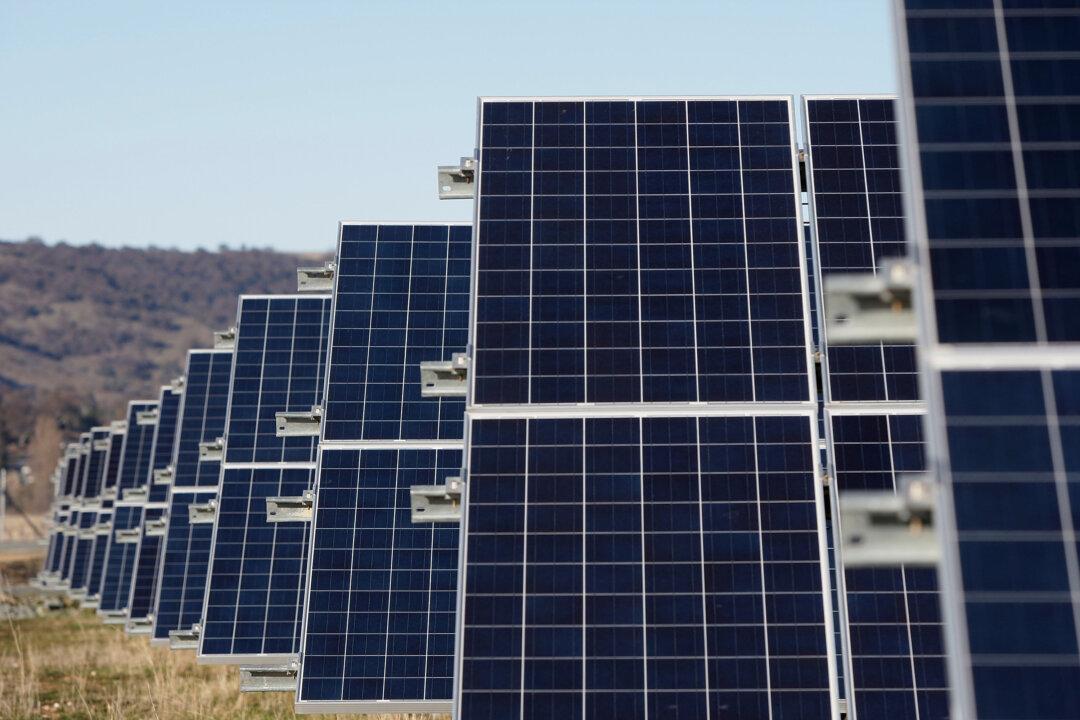Australia will be supporting the research and development of ultra low-cost solar energy, a technology that has become a priority in the nation’s bid to reach net zero emissions by 2050.
The Australian Renewable Energy Agency (ARENA) will allocate $40 million out of its $2.5 billion budget for the program with the eventual hope to reach “Solar 30 30 30”—a goal to create 30 percent solar module efficiency at a cost of 30 cents per watt, all by 2030.





